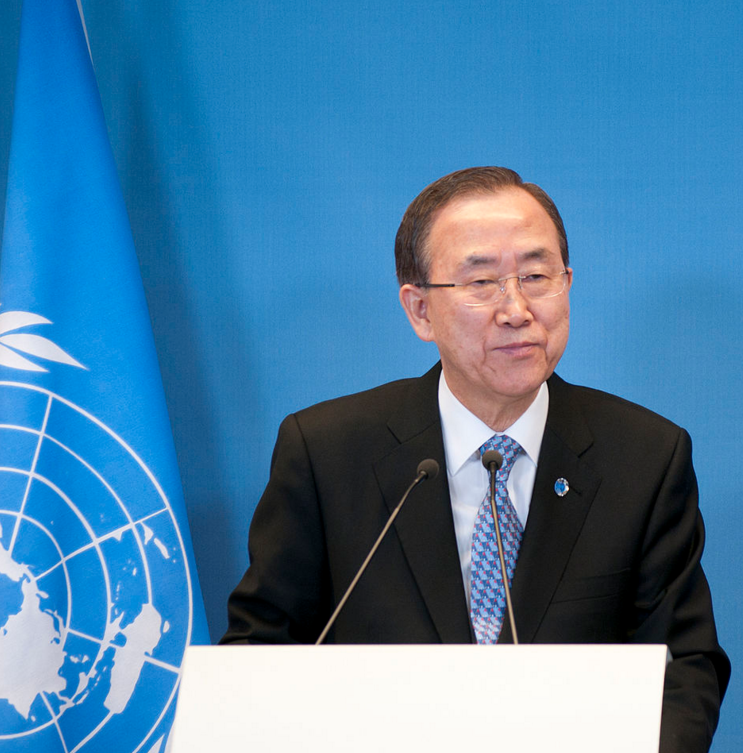UN launches ‘go wild for life’ campaign for WED 2016
The UN launched its 'go wild for life' initiative on Sunday as part of World Environment Day celebrations

The United Nations called on governments and citizens worldwide to “go wild for life” and take action to help protect endangered species, as part of World Environment Day celebrations on Sunday.
Angola was the host country for WED 2016 and this year’s edition focused on the illegal trade of wildlife.
In a video message, Achim Steiner, the Executive Director of the UN Environment Programme, said: said “We have chosen this theme because damage from this trade has become so serious and so far reaching that urgent action is needed to reverse it.”
The UN environment chief emphasised that the effects of wildlife trade include the destruction of natural capital in which many nations could build healthy tourism industries; the spread of corruption and the undermining of the rule of law all around the world; and the “fattening of purses” of the international crime syndicates.
Mr Steiner added: “This must stop and the time to take action is long overdue.”
With the aim of reducing the demand for illegal wildlife products, the campaign is giving special attention to eight species in particular: orangutans, sea turtles, pangolins, rosewoods, helmeted hornbills, tigers, elephants and rhinos.
Mr Steiner announced that host country Angola is making strong commitments to combat wildlife crime by shutting down its domestic ivory trade and taking action to stop smuggling over its borders.
The head of UNEP said: “We support the actions of countries like Angola to join this fight… We must be united in this cause, we must think globally, but also act locally, and we must have zero tolerance for poaching and illegal trade in wildlife.”
In a similar message, Yury Fedotov, Executive Director of the UN Office on Drugs and Crime (UNODC) said criminal networks and poachers have no regard for biodiversity, or the impact their actions have on fragile environments and vulnerable communities.
Fedotov said: “The global nature of this crime compels us to stand united and to promote global solutions to halt the catastrophic poaching and trafficking of wildlife. Our Wildlife Report is helping by providing a global assessment that will allow the international community to design effective and efficient solutions.”
UN Secretary-General Ban Ki-moon urged governments and citizens worldwide to help end the illegal trade in wildlife, noting that there is “great cause for alarm,” as elephants are being slaughtered for their ivory, rhinos for their horns, and pangolins for their scales.
Mr Ban said: “The United Nations and its many partners have resolved to tackle this illicit trade, including by setting clear targets to put an end to poaching in the Sustainable Development Goals (SDGs), adopted last year by all 193 Member States.”






